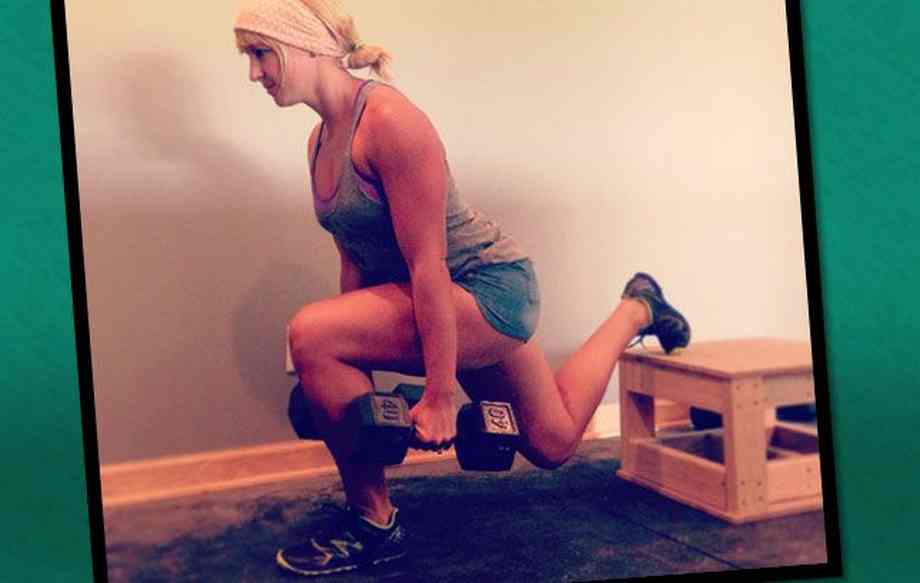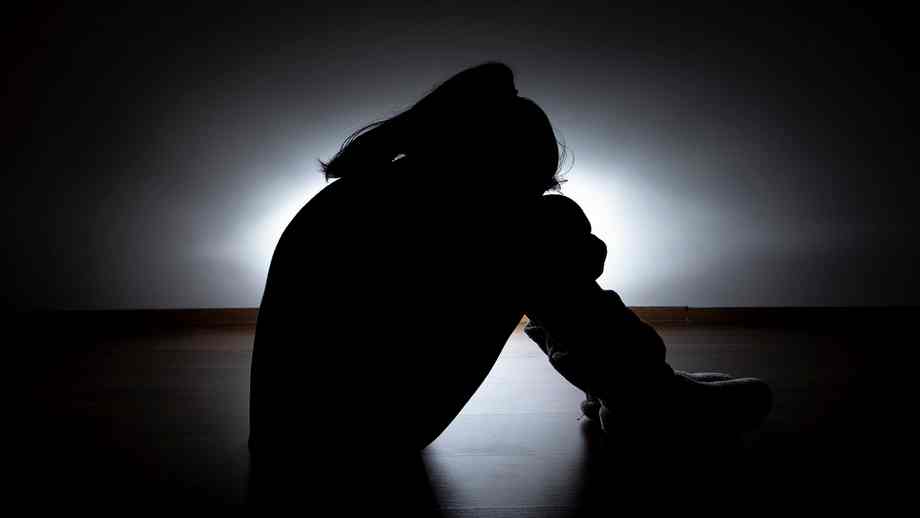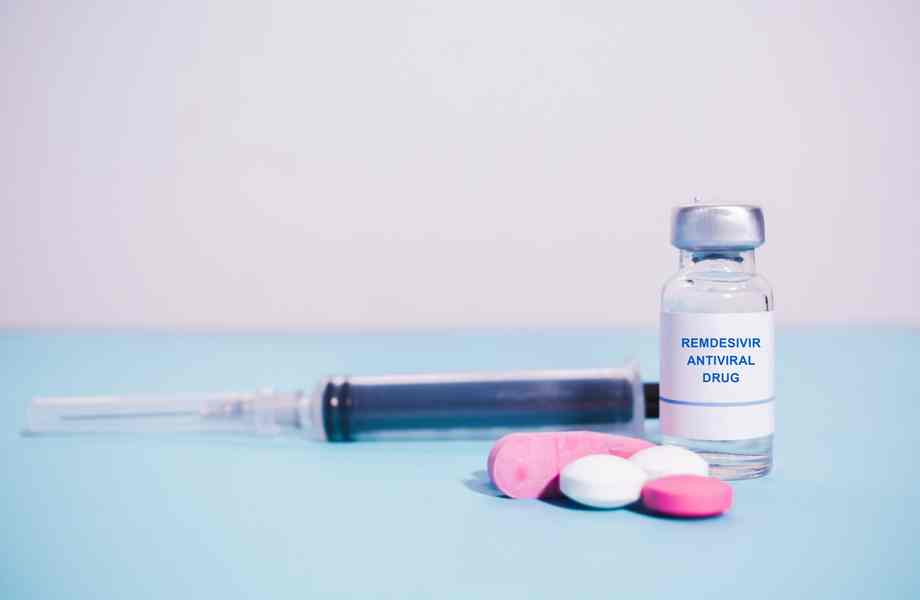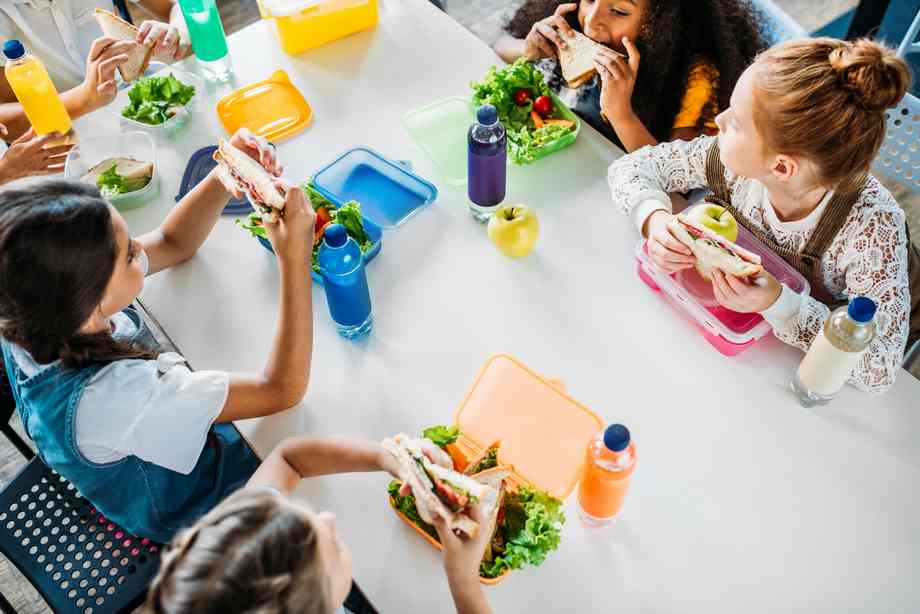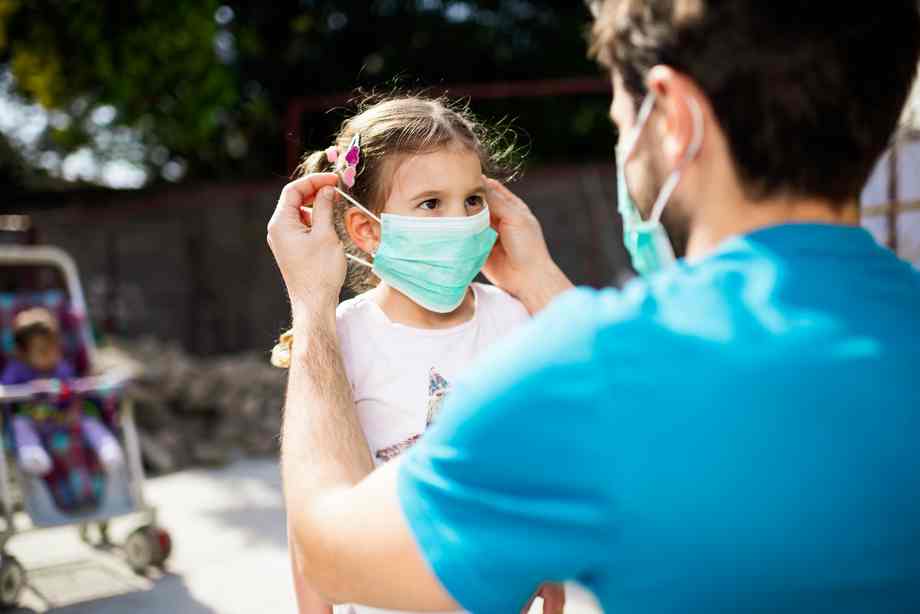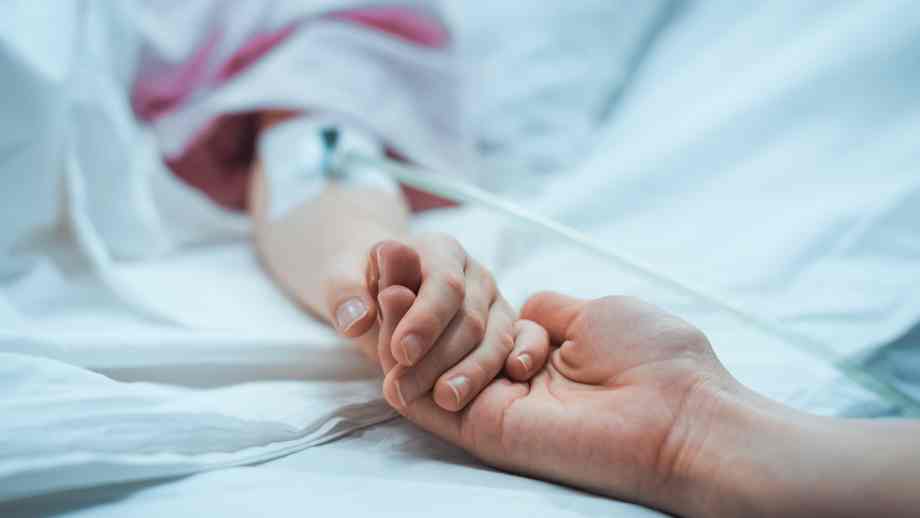Researchers from Stony Brook College printed findings in JAMA Pediatrics on Monday, which prompt 37,300 youngsters beneath the age of 17 misplaced a dad or mum to COVID-19, as of February 2021.
“Sadly, there [has] been a big bounce in mortality since then, so I’d estimate a fair bigger burden at this time,” Rachel Kidman, corresponding examine writer and affiliate professor of Household, Inhabitants and Preventive Medication at Stony Brook College, instructed Fox Information in an e-mail.
YOUNG ADULTS REPORTING LARGEST UPTICK IN ANXIETY, DEPRESSION SYMPTOMS, CDC FINDS
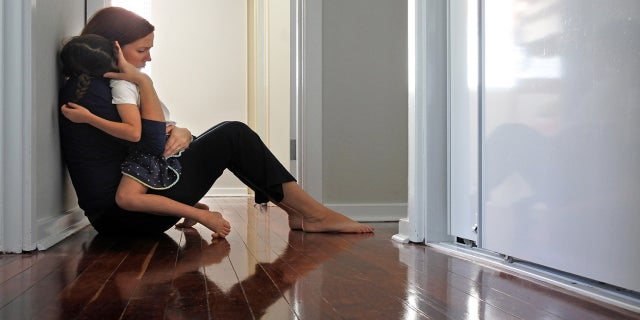
"Youngsters who lose a dad or mum are at elevated danger of traumatic grief, melancholy, poor instructional outcomes, and unintentional loss of life or suicide, and these penalties can persist into maturity," examine authors wrote. (iStock)
The whole marks a 20% enhance in comparison with the variety of youngsters shedding a dad or mum throughout a typical 12 months, researchers say.
“Youngsters who lose a dad or mum are at elevated danger of traumatic grief, melancholy, poor instructional outcomes, and unintentional loss of life or suicide, and these penalties can persist into maturity,” examine authors wrote, including that sudden loss of life of a dad or mum can exacerbate trauma amongst youngsters, and might “depart households ill-prepared to navigate its penalties.”
Primarily based on modeling, the researchers prompt that every COVID-19 loss of life left behind 0.078 youngsters in bereavement. The examine notes that 20,600 of the affected youngsters have been non-Hispanic White youngsters, and seven,600 have been non-Hispanic Black. The workforce mentioned the findings additional show the pandemic’s disproportionate toll on racial and ethnic minorities, including that Black youngsters comprise 14% of children within the U.S. however make-up 20% of these shedding a dad or mum to the novel illness.
When the workforce took extra deaths into consideration, or “deaths not directly because of the pandemic,” the variety of affected youngsters elevated to 43,000. In the meantime, a “pure herd immunity technique” would almost triple the determine, with the workforce suggesting 116,900 bereaved youngsters within the wake of some 1.5 million deaths.
TEENS’ MENTAL HEALTH CLAIMS DOUBLE AMID PANDEMIC: EXPERTS WEIGH IN
Researchers performed their examine by utilizing a so-called “parental bereavement multiplier,” which estimates the variety of affected youngsters per every COVID-19 loss of life.
“We used kinship networks of White and Black people within the US estimated via demographic microsimulation to calculate the bereavement multiplier, then used the multiplier to estimate the scope of parental bereavement beneath varied mortality situations,” authors wrote.
“Sweeping nationwide reforms are wanted to handle the well being, instructional, and financial fallout affecting youngsters. Parentally bereaved youngsters may even want focused help to assist with grief, significantly throughout this era of heightened social isolation,” examine authors wrote.
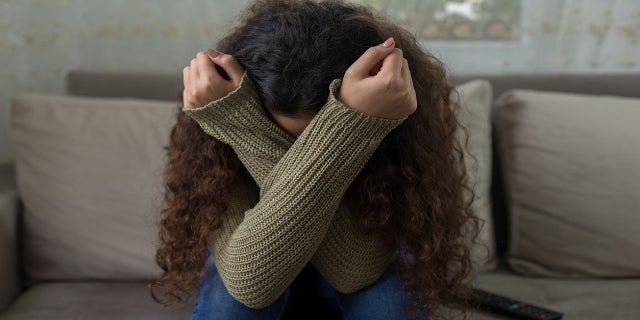
One researcher pushed for varsity reopenings to mitigate worsening psychological well being penalties amongst affected youngsters. (iStock)
Kidman, a co-author of the examine, advocated for the reopening of colleges to spice up help and socialization for youngsters, and in addition mitigate worsening psychological well being penalties.
CLICK HERE FOR COMPLETE CORONAVIRUS COVERAGE
“There could also be distinctive challenges that emerge sooner or later – we don’t know the impression of experiencing loss and grief throughout such an acute nationwide disaster – and we have now to be ready to reply with flexibility and compassion,” Kidman wrote in a press release.
The workforce particularly suggested establishing a “nationwide baby bereavement cohort” to assist youngsters attain essential help, and function the idea of a examine inspecting “long-term results of mass parental bereavement throughout a uniquely difficult time of social isolation and financial uncertainty.”
Kayla Rivas is a Well being reporter and joined Fox Information in April 2020.

